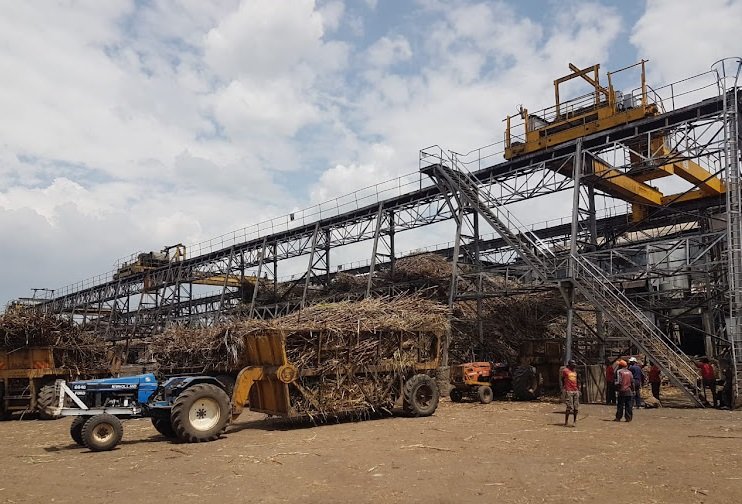Members of the National Assembly have called for urgent intervention to revive the ailing sugar industry, highlighting its potential to create jobs and boost the economy.
The legislators on Wednesday expressed concern over the decline of sugarcane farming in Western Kenya, leading to a surge in sugar imports.
During debate on a motion sponsored by Matungu MP, Peter Nabulindo a number of lawmakers highlighted the historical significance of sugarcane farming in Kenya.
While moving the motion, Nabulindo noted that sugarcane farming once played a pivotal role in this country’s Gross Domestic Product (GDP) and employment.
Nabulindo expressed concern over the sharp decline in the industry, which has forced local millers to operate below capacity and increased reliance on sugar imports, adversely affecting the balance of trade.
The motion called on the national government, through the ministry of agriculture and livestock development, to review sugar development policies.
It proposed that every investor-miller should allocate specific funds for sugarcane farming development, incentivizing farmers to return to sugarcane production and boosting overall cane output.
“We have established factories, but we need to support our farmers to take up sugarcane farming again. We need to find ways to make sugarcane farming profitable for farmers in this country,” Nabulindo said.
Seconding the motion, Kabuchai MP Majimbo Kalasinga called for increased investment in research to develop early-maturing sugarcane varieties with high sucrose content to boost smallholder farmers’ yields.
“We still have the old breeds of cane that take 24 months to mature. We need to increase investment in research so as to develop early maturing sugarcane,” he said.
Nyando MP Jared Okello highlighted the dilapidated state of machinery and the financial struggles of public millers. He underscored the need for proper funding and management of sugarcane farming.
On his part, Matayos MP Geoffrey Odanga emphasized the need for effective implementation of policies to support both farmers and millers.



